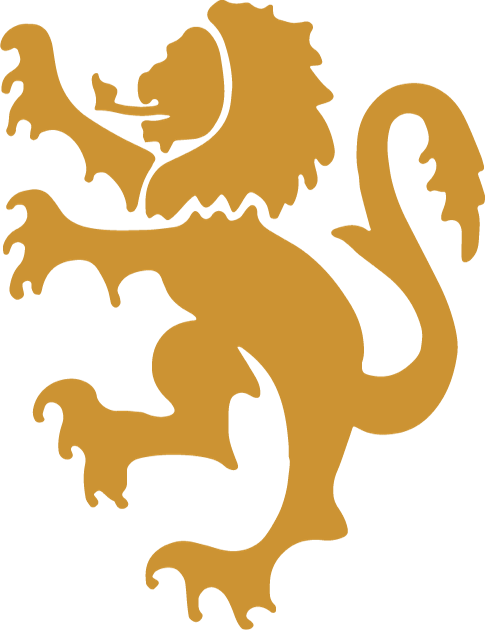On this page:
Digital Competency
“Since we cannot know what knowledge will be most needed in the future, it is senseless to try and teach it in advance. Instead we should try to turn out people who love learning so much, and learn so well, that they will be able to learn whatever needs to be learnt” – (John Holt)
Strand 1 Citizenship: https://youtu.be/VYkfPYzkzEI
Strand 2 Interacting and collaborating: https://youtu.be/zq3iQS3GDMY
Strand 3 Producing: https://youtu.be/owG5P-uD3-Q
Strand 4 Data and computational thinking: https://youtu.be/l3p7TgWFy0M
Developing your digital skills
Throughout your learning journey in Llanidloes high School you will learn and develop many new skills. As teachers at Llanidloes high school, we want to give you as many opportunities as possible to develop your digital skills across all of your areas of study.
It is very important to note that you will not just be using and improving your digital skills in ICT/Digital Technology lessons, but in all of your subjects and areas of learning.
Why it is important to develop digital skills?
The world is becoming increasingly more digital every single day, with ICT and digital technologies being integrated heavily into the environment, homes and work places. These are exciting times, but we must make sure that we are able to develop and improve our understanding these technologies to be able to use them effectively.
What digital skills will I be developing?
DIGITAL CITIZENSHIP – Understanding how the virtual world of the World Wide Web is just an extension of our physical world. We will learn how to use the web effectively and understand how it can be used both positively and negatively, and what affect our online behaviour can have on the real world.
INTERACTING AND COLLABORATING – You will develop an understanding of using a range of online communication tools to complete project work with your peers and teachers. You will learn how to use online collaboration tools that allow you to work on the same document at the same time from different computers or locations. You will also understand how to use cloud computing applications and see the benefits of storing files in the cloud.
CREATING – You will be refining your skills for a range of software used to create online and printed content such as DTP (desktop publishing), presentations, websites, video, audio and animation. You will learn how to use online search tools such as Google Search more effectively and efficiently to allow you to find accurate information quickly. Finally you be able to understand the evaluating and improvement process that is used by industries all of the world, to ensure that what you have created is the best that it can be.
DATA AND INFORMATION LITERACY – You will develop your computational thinking skills which will give you techniques, that will allow you to solve problems in a step-by-step process, just like a computer does. You will learn how to break down a big problem into smaller problems and solve them bit-by-bit. You will also learn how to use spreadsheet tools to analyse data quickly and accurately. You will also learn how to collect electronic data and apply those spreadsheet skills to analysing your own data.
How will I apply the digital skills that I have learnt?
The digital skills that you will develop in school will be useful both now and in the future, regardless of your education or career path.
IN SCHOOL – You will be able to use the skills that you have developed across all subject areas in school. For example, if you create a website in Geography, you can create a website for any purpose, no matter what the subject. Once you have the skill you can apply it to many other things. If you use computational thinking skills to break down a recipe in food technology, you have the skills to break down any other problem made up of many parts, in any other subject.
FURTHER EDUCATION – Whether you go to university or go on to an apprenticeship scheme, the digital skills that you have developed will be useful to you. You may need to use your research skills to find accurate information as efficiently as possible, or use your communication and collaboration skills to work on a group project. Having a wide range of digital skills will allow you to work effectively on your own or as part of a team.
WORK AND CAREERS – Almost all jobs now make use of some form of ICT. When applying for jobs and going to interviews, a strong digital skills set will be very appealing to an employer. New members of a team that can already use computers effectively will be able to settle in quickly and get on with the job, not only that but they may be able to bring new ideas, using ICT and digital technologies, that will help a company greatly.
This video explains how technology is constantly changing the way in which people work and why it is important to keep developing your digital skills.
Windows SE Devices
Form time DCF Quzzies
Numeracy
https://vle.mathswatch.co.uk/vle/







